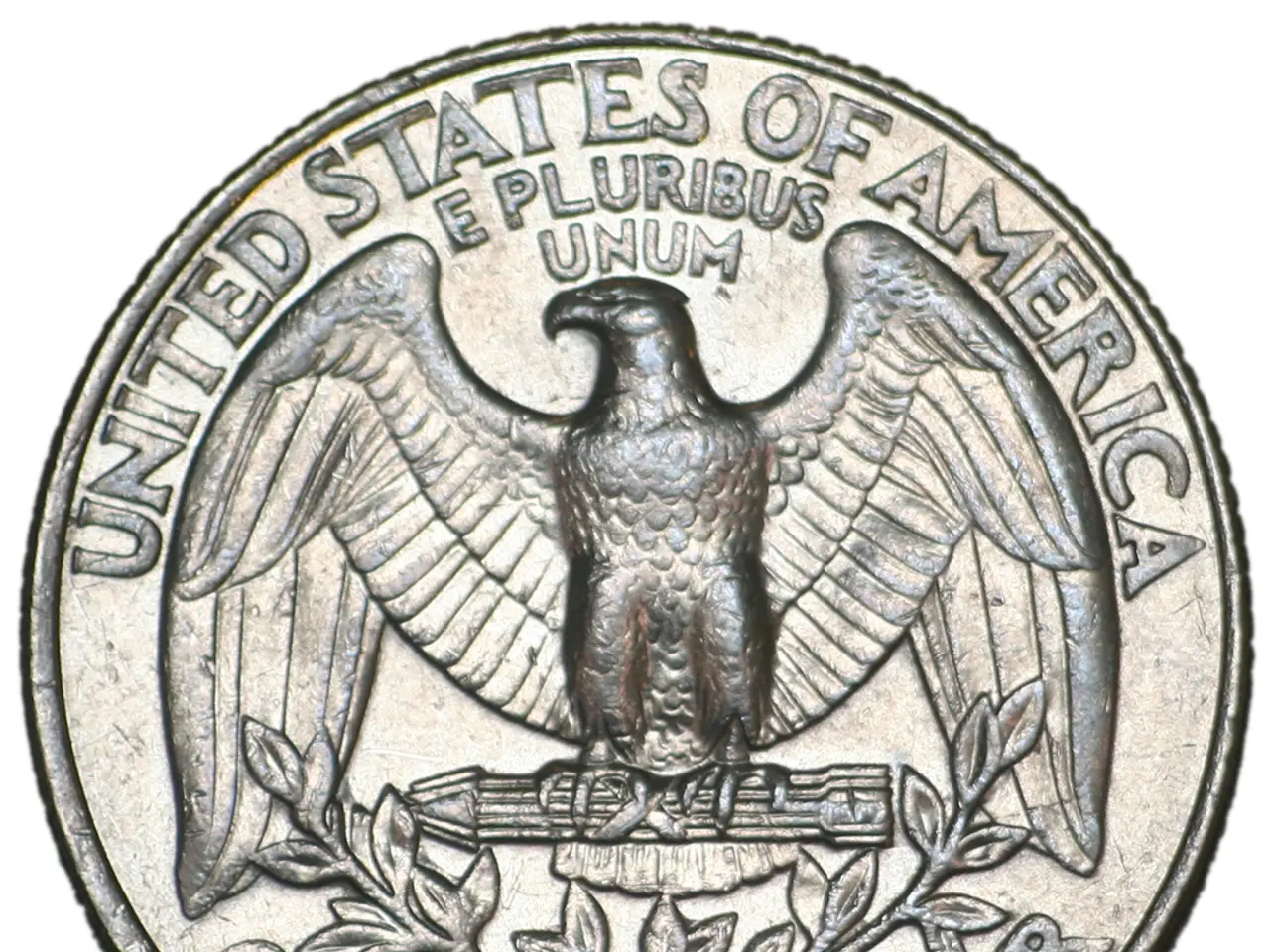Banks in South Korea to Introduce Collaborative Digital Coin with Stable Values
South Korea is set to introduce a comprehensive stablecoin regulation bill by October 2025, focusing on won-pegged stablecoins. Led by the Financial Services Commission (FSC) and supported by the government and major banks, the legislation aims to establish strict rules for issuance, collateral management, risk controls, and internal oversight to ensure financial stability and user protection.
Key elements of the regulatory framework include exclusive issuance by licensed banks or large companies, strict financial and operational requirements, alignment with global regulatory trends, mitigation of capital flight risks, and pilot projects to promote a safer and more transparent digital stablecoin market.
The bill seeks to harmonize South Korea’s approach with international standards, attracting investment and enabling collaboration with global stablecoin firms like Circle. Regulatory discussions also consider the implications of capital controls to prevent stablecoins from being used to circumvent foreign exchange regulations.
Initial pilot projects with major banks are expected as early as 2025. Notable participants include KB Kookmin, Shinhan, Woori, NH Nonghyup, IBK Industrial, Sh Suhyup, and Korea Financial Telecommunications & Clearing Institute (KFTC), which have decided to create a joint venture to issue a Korean stablecoin.
Shinhan Bank and NH Nonghyup Bank are also participating in Project Pax, a Japanese initiative for banks to use stablecoins for cross-border payments. The initiative is being coordinated by the Open Blockchain and DID Alliance.
However, it's worth noting that Hana Bank, one of the large Korean banks, is not mentioned in the joint venture or Project Pax. An unnamed banking official has expressed concerns about funds flowing out of deposits to stablecoins if banks do not actively enter the market.
The Bank of Korea has expressed concern about Visa or Mastercard launching a stablecoin. Korea has also started piloting tokenized deposits using a wholesale central bank digital currency (wCBDC) for interbank settlement.
For more information on bank-issued stablecoins and tokenized deposits, you can refer to the recent report by Ledger Insights Research, featuring more than 70 projects. The Open Blockchain and DID Alliance has created a stablecoin working group with the participating banks.
The stablecoin ecosystem in South Korea is evolving rapidly, with regulations, pilot projects, and bank collaborations aiming to create a trustworthy ecosystem and support the revitalization of the domestic blockchain industry.
- South Korea is planning to introduce a regulation bill for stablecoins by October 2025, focusing on won-pegged stablecoins.
- The bill will establish strict rules for issuance, collateral management, risk controls, and internal oversight, led by the Financial Services Commission (FSC).
- Key elements of the bill include exclusive issuance by licensed banks or large companies, and alignment with global regulatory trends.
- Initial pilot projects with major banks are expected as early as 2025, with KB Kookmin, Shinhan, Woori, NH Nonghyup, IBK Industrial, Sh Suhyup, and Korea Financial Telecommunications & Clearing Institute (KFTC) creating a joint venture to issue a Korean stablecoin.
- Shinhan Bank and NH Nonghyup Bank are participating in Project Pax, a Japanese initiative for banks to use stablecoins for cross-border payments.
- The Bank of Korea has expressed concern about Visa or Mastercard launching a stablecoin and has started piloting tokenized deposits using a wholesale central bank digital currency (wCBDC) for interbank settlement.
- For more insights on bank-issued stablecoins and tokenized deposits, you can refer to the recent report by Ledger Insights Research, featuring over 70 projects, and the Open Blockchain and DID Alliance has created a stablecoin working group with the participating banks.




